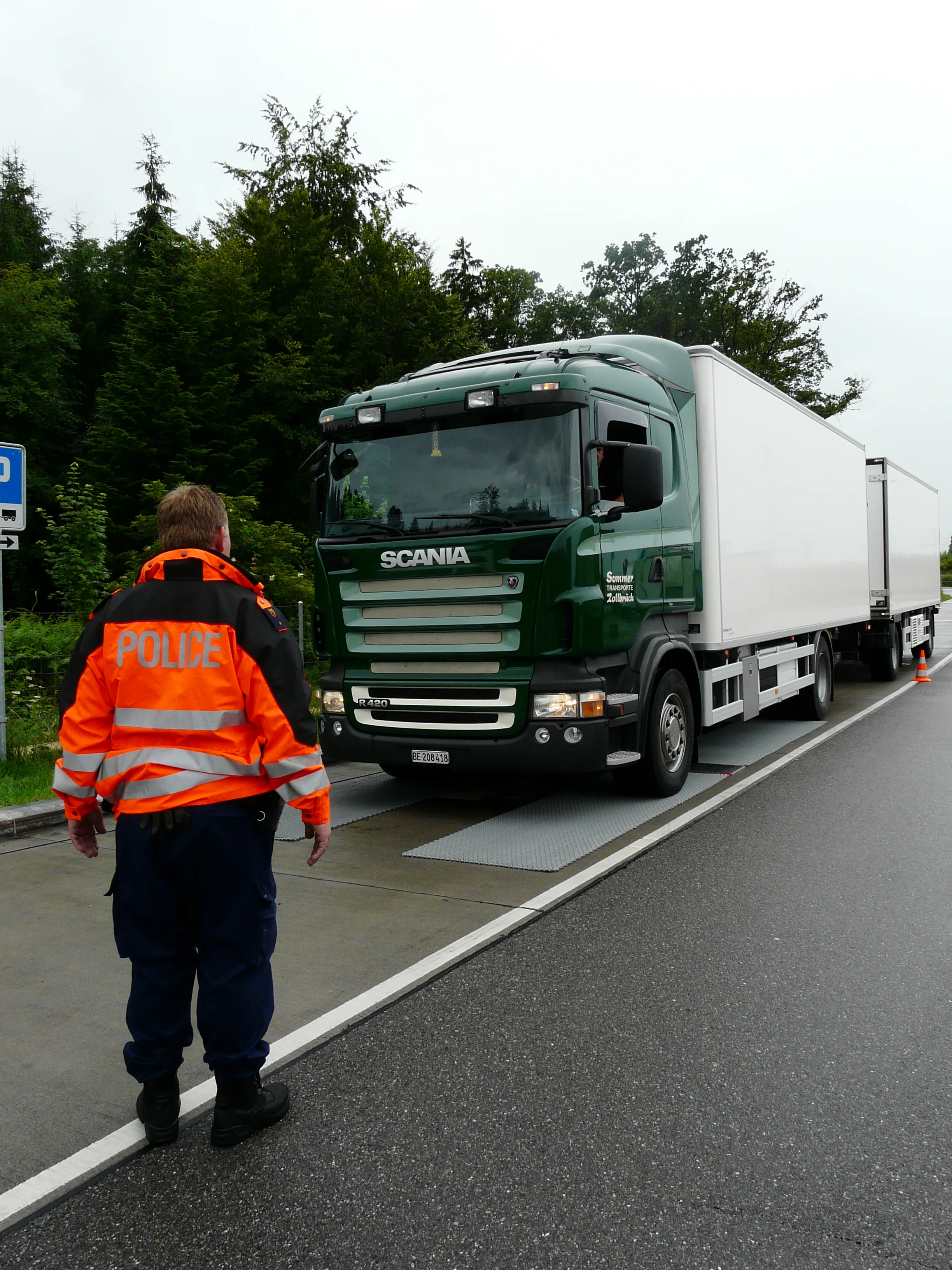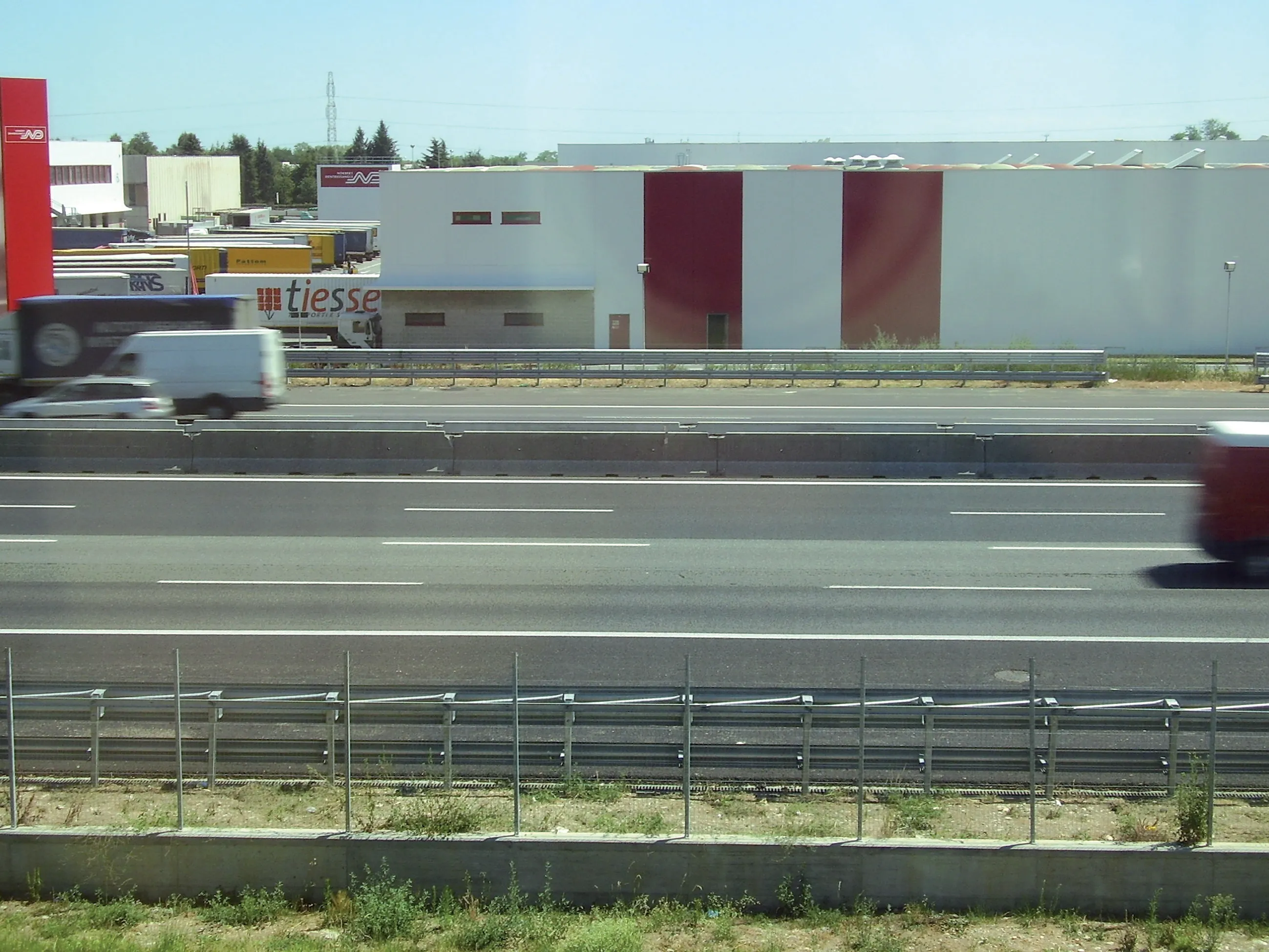When a doctor crashed his car in the UK recently police were quickly at the scene of the incident and breathalysed the driver. He was found to have a blood alcohol count three times that of the permitted level. He explained that immediately after the crash he crawled from his wrecked BMW, opened a bottle of vodka he had with him and drank from this in a bid to steady his nerves. However this explanation was not believed in court as the man had been drinking the night before and was thought to still have alcohol in his system. He was banned from driving for 25 months and also fined heavily. Meanwhile in the US state of Florida, a drunk-driver crashed his car into a police vehicle at an intersection. The police vehicle was then shoved forward into another, resulting in damage to all three cars. Unusually, one of the police vehicles damaged in the incident was specifically intended to heighten the dangers of drink-driving. Both police vehicles were displaying flashing lights at the time, so how he managed not to see them is unclear. The man was found to be heavily intoxicated and charged accordingly and the incident occurred during the ‘Pirate Fest’ celebrations taking place that weekend. It is not clear which pirate character he was hoping to emulate. There were no injuries in the incident and the drunk-driver was taken to the nearest police station in one of the two slightly bent police vehicles.
Very under the influence
When a doctor crashed his car in the UK recently police were quickly at the scene of the incident and breathalysed the driver. He was found to have a blood alcohol count three times that of the permitted level. He explained that immediately after the crash he crawled from his wrecked BMW, opened a bottle of vodka he had with him and drank from this in a bid to steady his nerves. However this explanation was not believed in court as the man had been drinking the night before and was thought to still have
December 18, 2017
Read time: 2 mins







